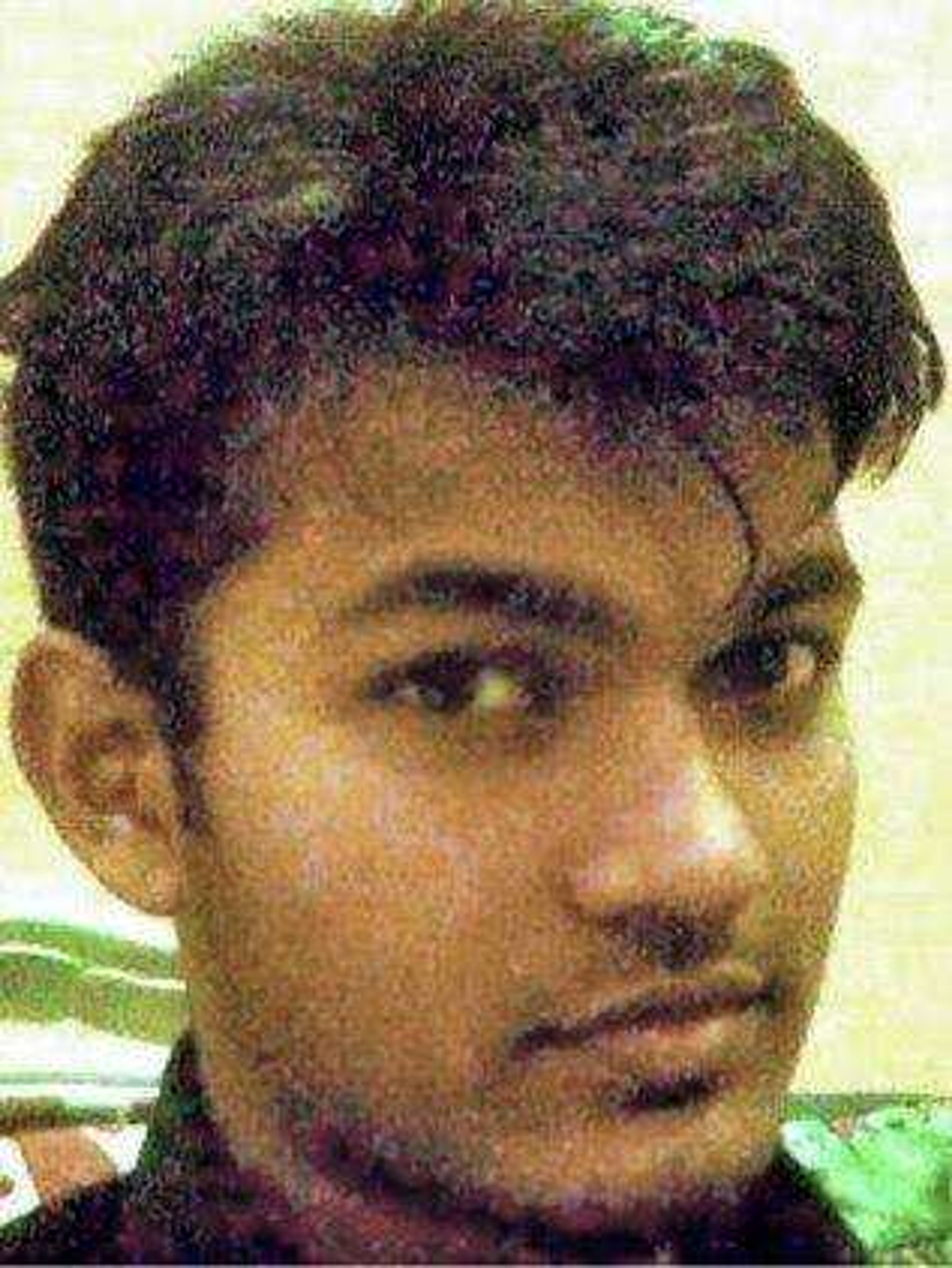Former SEMO student sentenced to 30 years in bomb plot
NEW YORK -- A 22-year-old Bangladeshi man who spent a semester at Southeast Missouri State University begged for leniency after pleading guilty to terrorism charges for trying to blow up the Federal Reserve Bank in New York. He was sentenced Friday to 30 years in prison...
NEW YORK -- A 22-year-old Bangladeshi man who spent a semester at Southeast Missouri State University begged for leniency after pleading guilty to terrorism charges for trying to blow up the Federal Reserve Bank in New York. He was sentenced Friday to 30 years in prison.
"I'm ashamed. I'm lost. I tried to do a terrible thing. I alone am responsible for what I've done. Please forgive me," Quazi Mohammad Rezwanul Ahsan Nafis said before his sentence was handed down in Manhattan federal court. He apologized to the judge, the United States, New York City and his parents.
Nafis became radicalized at his university in Bangladesh and came to the U.S. with aspirations of jihad, according to lawyers on both sides. He said personal problems also were a factor.
His first stop here was Southeast, where he studied from January to May 2012. Nafis cited attendance at the university as his reason for coming to the U.S. He left after a subpar semester.
Federal authorities said they saw nothing strange about how Nafis was admitted to the university, and international recruiters followed protocol in accepting him at Southeast.
Nafis was enrolled in Southeast full-time taking prerequisite courses toward a bachelor's degree in cybersecurity during his one semester here.
Nafis was arrested in October 2012 by the FBI and the New York Police Department after a joint undercover sting operation, which ended when he tried to detonate a 1,000-pound bomb from a nearby hotel room with a cellphone. Authorities said no real danger existed, because the explosives were bogus and the "terrorist operatives" were working for the FBI.
The defendant had said in a five-page typed letter to Judge Carol Bagley Amon that he no longer believed in radical Islam.
"My actions are inexcusable and cowardly," he wrote. "After giving a deep thought, I truly hate my actions, and I know that I will never pursue such behavior again that is not only un-Islamic, but also destroyed my family and my life."
He was charged in October with attempting to use a weapon of mass destruction and attempting to provide material support to al-Qaida. He pleaded guilty in February.
Nafis told the judge he had a stammering problem and no real friends in his native country.
"For being a very simple guy, I fall for people very easily," he wrote in explaining how he fell in with a group of radical students at his university there. "I was becoming religious but never realized that I was misguided slowly but surely with the wrong teachings of Islam."
He originally came to the United States to study cybersecurity at Southeast, where he also became vice president of the school's Muslim student association. But he was put on probation because of poor grades, he said, and came to New York to find a job. While in New York, he discovered a woman he cared about back in Bangladesh was cheating on him, he said.
It made him suicidal, which is forbidden in his religion, he said, and pushed him over the edge.
Authorities say Nafis adopted increasingly more radical views and began using Facebook and other social media to seek support for a terror attack. One of his contacts turned out to be a government informant who notified authorities.
While under investigation, Nafis spoke of his admiration for Osama bin Laden and talked of writing an article about his plot for an al-Qaida-affiliated magazine. He also talked about wanting to kill President Barack Obama and bomb the New York Stock Exchange, officials said.
As the plot progressed, Nafis selected his target, drove a van loaded with dummy explosives to the door of the bank and tried to set off the bomb from a hotel room using a cellphone he thought had been rigged as a detonator, authorities said. No one was ever actually in danger because the explosives were fakes provided by the government.
Nafis said he has been shown great kindness while in the U.S. -- and in prison. "Everybody is very respectful towards religion," he wrote. He has been allowed to pray, and given halal food and fresh fruits.
"Truly after being in prison, my viewpoints toward America has really changed," he said. "I want to say to Your Honor that I love Americans."
His parents, who live in Dhaka, pleaded for mercy in letters to the judge. His mother, Rokeya Siddiqui, described her son as shy, ridiculed and unfocused. He was, she said, "just a kid." "He doesn't have any idea around the world."
Connect with the Southeast Missourian Newsroom:
For corrections to this story or other insights for the editor, click here. To submit a letter to the editor, click here. To learn about the Southeast Missourian’s AI Policy, click here.










